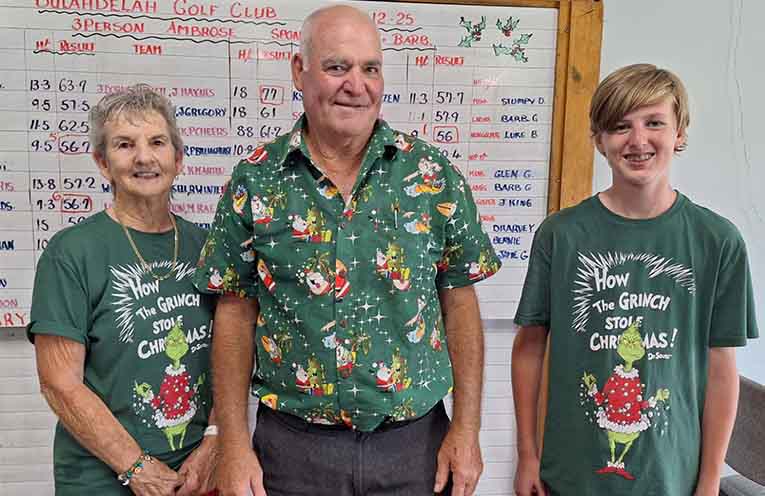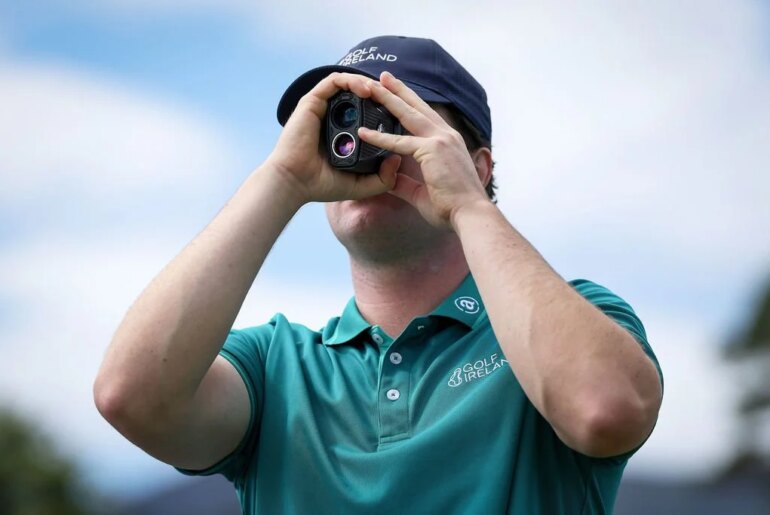A report from the financial publication Hunterbrook alleges Phil Mickelson received inside information on an offshore oil company and distributed that information to a private group of company shareholders. Mickelson responded on X Friday afternoon, calling the report “slanderous.”
On Friday, Hunterbrook published a story that included a series of private messages allegedly shared by Mickelson with a group of investors for the Houston-based oil startup Sable Offshore. In the messages, Mickelson, according to the report, shared material non-public information gleaned from interactions with Sable Offshore CEO Jim Flores — a decision that could have legal ramifications for Mickelson, the company’s chief executive, or both.
The article centres on the latest actions of the embattled oil company Sable Offshore, which reportedly paid $988 million to assume control of a troubled oil field from Exxon off the coast of Santa Barbara, Calif., and quickly attracted investors seeking a potential moonshot.
From the beginning, according to multiple reports, the Sable business was predicated on a calculated gamble: If Flores could restart production from the Santa Ynez offshore oil infrastructure — a collection of three offshore platforms, a processing facility and a pipeline system that were shuttered after an environmental disaster in 2015 — the near-billion-dollar investment would look like a steal.
But the 20 months since the company’s creation have been far rockier than investors hoped. Sable Offshore’s efforts to protect against future environmental disasters have hit a series of regulatory snags in the last year and a half. To date, the company has failed to restart production on the oil infrastructure, causing Sable Offshore’s stock price to tumble more than 50 per cent over the last 12 months.
Mickelson’s involvement in the company has been highly publicised. The LIV Golf star has tweeted more than 100 times about Sable Offshore over the 20 months, with many of those messages aimed at California legislators and regulators involved in keeping oil production shuttered.
Mickelson’s own past with insider trading is well-documented. In 2016, he paid more than $1 million to the Securities and Exchange Commission to settle allegations that he had traded on inside information gleaned from the legendary gambler Billy Walters.
The Hunterbrook story alleges Mickelson was more than just a disgruntled investor, revealing the contents of an X group (previously Twitter) that allegedly shows the six-time major champion sharing information taken from Flores before it was made public.
“I spoke to Jim this morning. An announcement is coming today after market closes. It could be an 8K or press release,” Mickelson reportedly wrote to a group of Sable investors on X on Sept. 29, hours before an announcement from the company indicating it had submitted paperwork to the state of California seeking permission to restart oil production. This was one of a handful of examples of non-public material information in Hunterbrook’s reporting.
The Hunterbrook story also alleged Mickelson was involved in a coordinated effort to drum up federal support for the Sable Offshore project, a “prayer” that could reverse stalled oil production and rebound some of Sable’s sunken stock price. An alleged leaked phone call quoted in the Hunterbrook story shows Sable Offshore CEO Jim Flores discussing a “west coast game” between “a certain left-handed golfer” and current U.S. Commerce Secretary Howard Lutnick. (Lutnick refuted that he had plans to play with Mickelson, and said he’d never heard of Sable Offshore.)
The legal implications, if any, of Mickelson’s involvement in the story are uncertain. U.S. insider trading law stipulates that the transfer of material non-public information is not itself illegal, so long as the information is not traded upon. On Friday afternoon, Mickelson replied to several tweets about the story, arguing that he did not trade on the information he received, and that his actions in the story did not “insinuate wrongdoing.”
He also wrote on X of Hunterbrook’s report that he “wasn’t on the investor call you’re referring to.”
If Mickelson’s X counterparts traded on material non-public information gleaned from him, Mickelson could still be found legally liable under U.S. insider trading laws surrounding “tipping” — though authorities would have to prove he benefited in some way from those trades.
“So a company says I can’t say anything to you but we will announce something at the close,” Mickelson wrote on X. “I don’t know if it’s a dilution and the stock goes down or a deal for the stock to go up. I have to wait to see what the info is, I make no trades whatsoever and am ultra ultra careful given past history. I don’t even share that information is coming til after the close.”
Mickelson also included an accusation of his own aimed at Hunterbrook, whose unusual business model allows it to trade on information it uncovers, so long as it is not material non-public information. Hunterbrook disclosed on social media that it had not made any trades based on the findings of the Sable Offshore story.
“This looks like stock manipulation on your part and slanderous,” Mickelson wrote. “Did you make any trades today?”
The story, which also suggested that Sable Offshore would soon have to raise $200 million in dilutive equity, sent stock prices plunging on Friday afternoon. At close, Sable Offshore was selling for $10.46 per share, down 18.47 per cent from the day’s start.
This article originated on Golf.com







